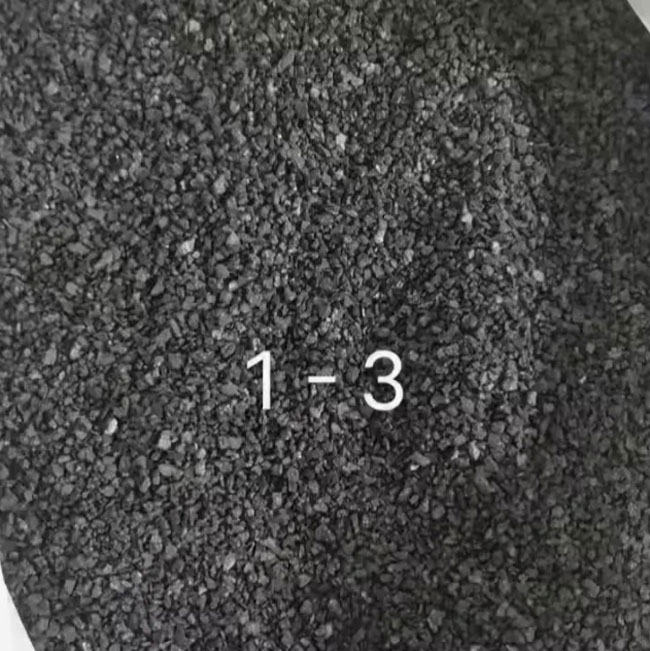
Graphitized petroleum is an alternative source of carbon that can substitute coal in the manufacturing process of steel. It is also less polluting and has more calorific value than traditional fossil fuels. Buy graphite Petroleum Coke is a material that can be used to reduce costs, increase efficiency, and also protect the environment.
Petroleum coke is a solid carbon fuel which closely resembles coal and is a byproduct of oil refining. It is created by the cracking process of crude oil. This process breaks down larger petroleum hydrocarbons into smaller molecules which can be burned. The end result is a black solid carbon material that is commonly referred to as Petcoke.
The use of Petcoke in the aluminum and steel industry depends on its physical and chemical characteristics. It must be free from sulfur and heavy metals and contain a minimal amount of carbon to prevent contamination in the smelting or casting processes. It's also important that it has a consistent particle size in order to get the most effective results for these processes.

To meet these requirements, petroleum coke goes through various types of processing. Calcination is a process that involves heating the coke up to 1300 degrees Fahrenheit, without contact with oxygen. This process removes moisture volatile matter, and sulfur from the petcoke and increasing its mechanical strength, density, electrical conductivity and oxidation resistance.
The petcoke calcined after calcination can be converted into graphitized coke of petroleum for steelmaking by exposing it to special pressure and thermal treatments. This process transforms the acicular structure petroleum coke into a more regular crystal structure, making it a more useful carbon source. Graphitized petcoke is lower in impurities than non-graphitized petcoke. It also has higher thermal conductivity and electrical conductivity.
Graphitized petroleum coke is used for the production of high-power graphite electrodes used in steelmaking in the electric furnace as well as steel and metallurgical iron industrial silicon, as well as yellow phosphorus. Graphitized petroleum coal has numerous advantages over other carbon sources, for instance its low sulfur, nitrogen, and ash contents, as well as its thermal conductivity, lubricity, and purity.
Calcined petroleum coke is utilized in power plants as well as in the aluminum and steel industry. It can be burned in a variety of ways, including co-combusting with other fossil fuels or being burned as an additive to produce clean coal. In power generation, the use of graphitized petroleum coke to make steel can be beneficial because it has the highest calorific value and could help reduce emissions of particulates as well as sulfur oxides.

Write a Message